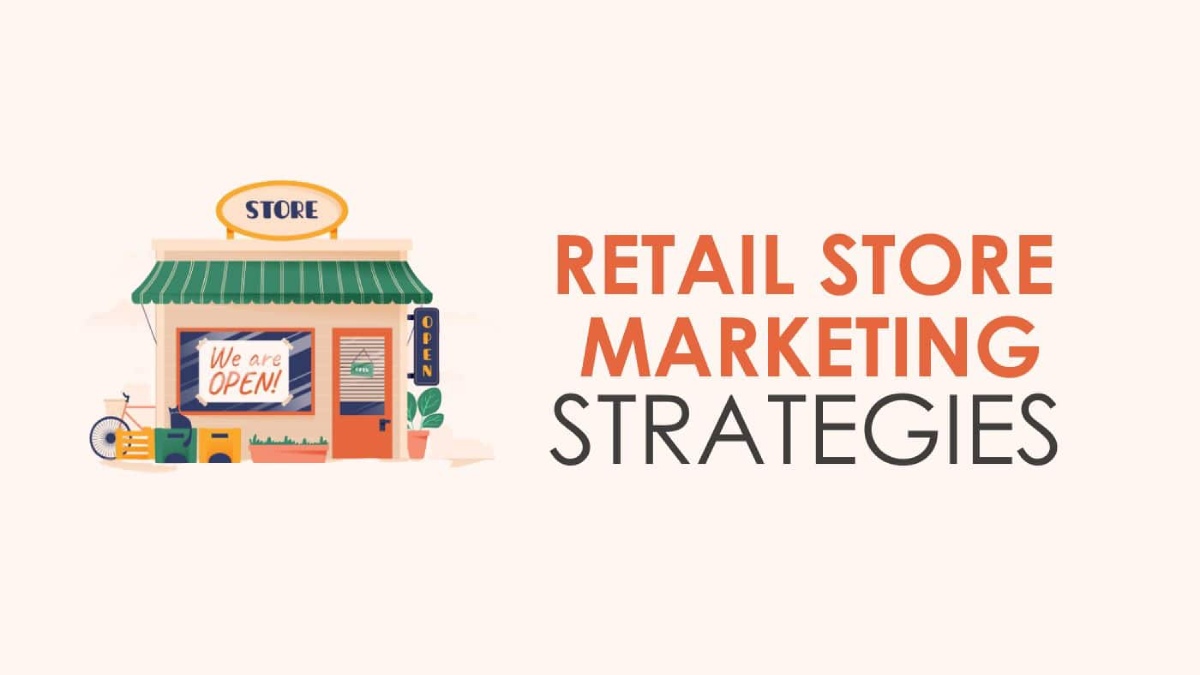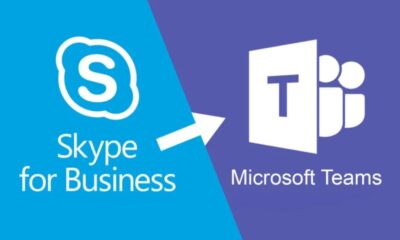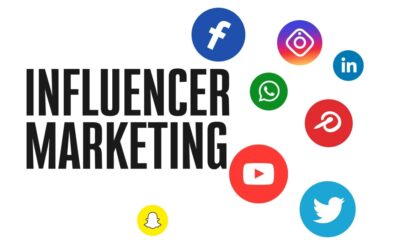Business
Top 15 Daily Marketing Strategies for Retail Stores to Market Your Brand

Retail includes hundreds of product markets and thousands of businesses competing for a transaction. How a store stands out in a broad industry is determined by its marketing strategy. Marketing is more vital than product and service quality, thus it drives buyers to your door. Without it, your store may face a ‘sink’ situation more than a ‘swim.’
Here are the daily marketing strategies used by retail stores to get new leads.
- Focus on High-Quality Content
For a retail store, good content helps organically market your brand. Content can be shared via a website or social media. It could be text, an image, or a video. The three types of content that are most likely to be shared are those that are amusing, based on values, or make people feel a connection to them.
- Conduct a Competitive Analysis of Comparable Companies
Because retail is so vast, there may be dozens, if not hundreds, of stores similar to yours from which to obtain insights. Conduct a competitive analysis of others to determine what they’re doing properly and poorly in marketing. Identify possible uncaptured customer segments to target with your goods.
- Encourage Social Media Interaction and Activity
Use digital signage to promote social media involvement. Keep your social media feed active. Respond to public feedback and requests. Use user-generated content on your social media channels to increase social proof and promote a sense of community.
- Use Digital Signage Software for In-Store Promotions
In the store, display flash sales and promotions that expire quickly on digital screens. Using digital signage software, you can update these promos in real-time and tailor them to the demands of your store on an ongoing basis.
- Actively Cross-Promote And Upsell With Bundle Deals
Consider how to raise the average transaction size. You can leverage showcasing cross-promotions, complementary products, or spontaneous purchases to upsell a customer. Bundle discounts on similar items can help you sell more while also giving the customer more value.
- Encourage Sign-Ups for an Email Marketing List
Ask for an email with each purchase. This will add your clients to an email list. Use this list to promote directly to your consumers, using targeted messaging designed to engage them at various stages of their sales process.
- Adopt High Standards for Customer Service and Quality
Customers notice when you deliver high-quality products and excellent service. Go above and above. This word will get around. This raises brand awareness and can help you market through word-of-mouth, from current consumers to potential new ones.
- Be Responsive and Helpful to Customer Inquiries
If your customer service is unsatisfactory, word will spread by text, email, direct message, or social media. When a customer contacts you for information, answer promptly and effectively. A retail store should be extremely responsive and prioritize effective customer service channels.
- Brand Partnerships for Reaching New Audiences
A retail company can collaborate with a complementary brand to provide a special discount to that brand’s audience for shopping with you. They can also hire brand ambassadors, public figures, or influencers to promote your retail store and gain trust.
- Encourage Repeat Purchases with a Loyalty Program
Customers who shop regularly with you are rewarded through a loyalty program. It rewards them with points and targeted offers while also connecting them directly to individuals who are most likely to buy from you. Regularly update loyalty offers and promos.
- Launch Customer Surveys to Get Direct Feedback from Your Audience
Direct feedback is provided by surveys on retail store websites, product purchase emails, and in-store receipts. These insights can help marketers create more effective marketing strategies.
- Use Customer Data to Build Highly Targeted Campaigns
Every day, retail stores create a tremendous amount of data. Use it! Monitor consumer behavior, determine which products are selling and which aren’t, and constantly pivot to conduct more targeted marketing campaigns to maximize income. Data should be used to consistently inform retail store marketing.
- Maintain a Consistent Visual Identity for Your Store
The appearance and feel of your store ought to be the same regardless of whether someone is in your store, on your website, sees you on social media, or sees one of your advertising spots. Be recognizable. Use the same colors, fonts, graphics, and imagery. This is what creates a visual identity.
- Digital Signage Software Can Help You Tell Stories
Use video content to improve storytelling online, through digital marketing, and in-store. Display video in-store using digital signage software to highlight product usage, brand stores, and behind-the-scenes footage that connects your brand to actual people. Make emotional connections with customers by presenting their stories about how a product or service has improved their lives.
- Look for Ways to Customize Products
Customers enjoy customizable product features, which attract more traffic to your store. Adding or personalizing names, colors, photos, scents, accessories, cards or notes, and other product features strengthens the link between the product and your retail store.
-

 Business2 weeks ago
Business2 weeks agoNayef Doleh Examines International Humanitarian Fundraising Strategies
-

 Business3 weeks ago
Business3 weeks agoHow Black Banx is Redefining Global Banking Strategies in 2025
-

 Tech4 weeks ago
Tech4 weeks agoHow to Switch Between Microsoft Teams and Skype, How To Export Messages, Files, and Contacts from Skype Before It Shutting Down
-

 Tech3 weeks ago
Tech3 weeks agoMicrosoft Teams to End SMS Messaging Feature Support for Android Phones and Switch to Phone Link App as Alternative
-

 Business2 weeks ago
Business2 weeks agoHow to fill MSME Form 1? Step-by-Step Guide
-

 Business4 weeks ago
Business4 weeks agoPurpose of the AIRdiamond Project
-

 Education3 weeks ago
Education3 weeks agoSchool Of Odd Thinkers – Think Odd, Learn a lot, and Earn a lot
-

 Startup4 weeks ago
Startup4 weeks agoFrom Trends to Sales: How Small Businesses Can Capitalize and Maximum Reach on Social Media

















